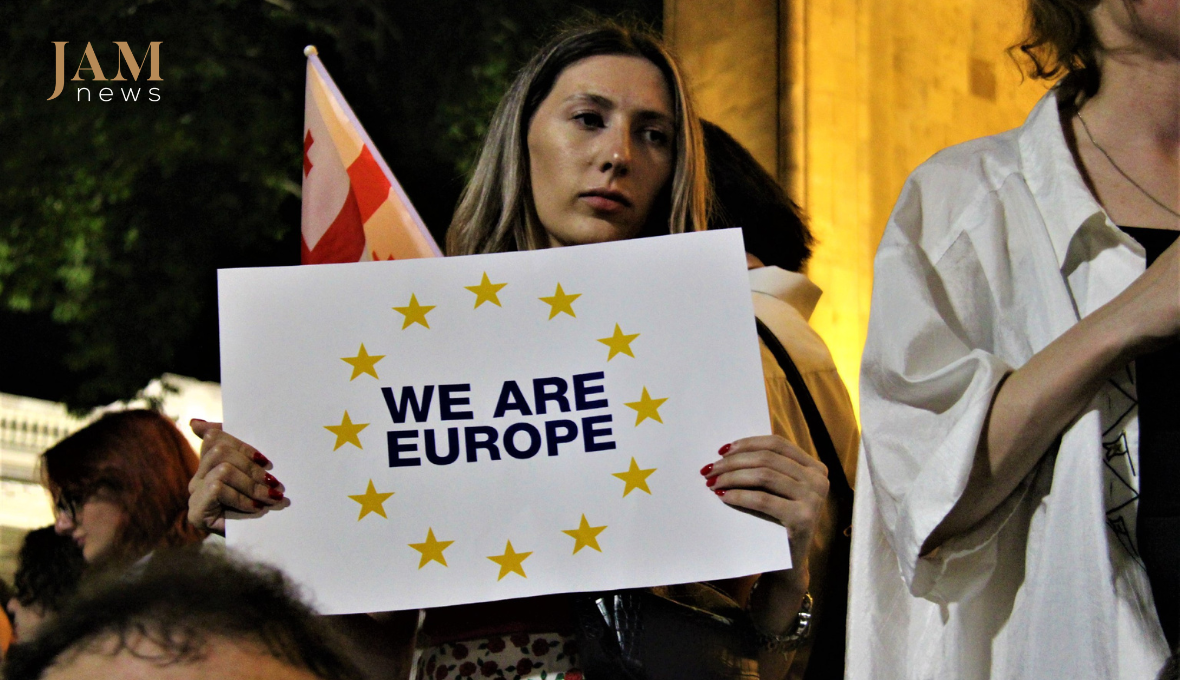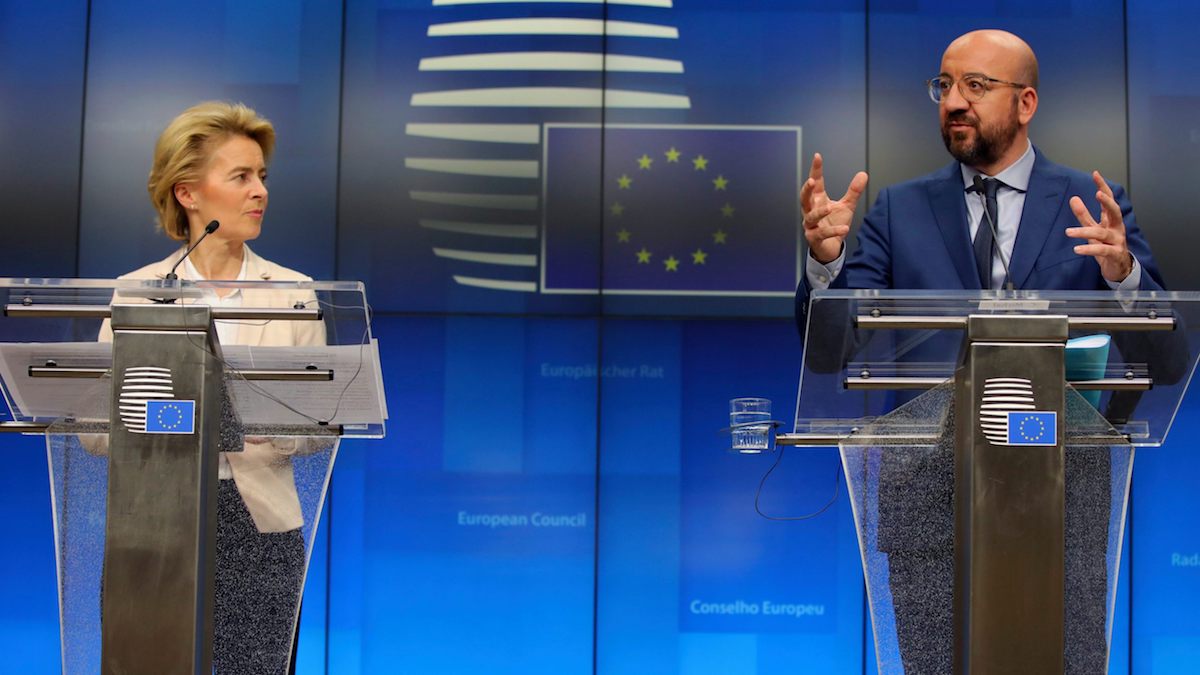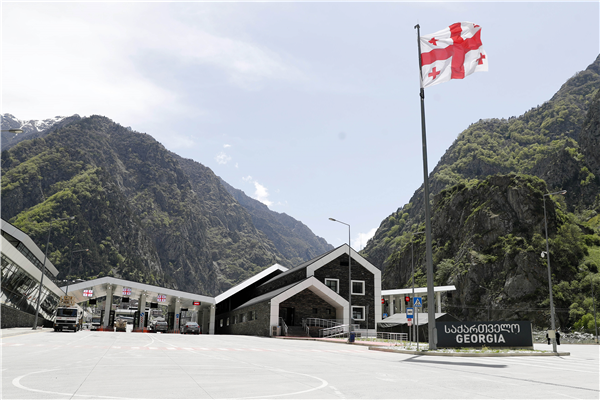Georgian NGOs present a plan for obtaining EU candidate status
Action plan for Georgia’s obtaining of an EU candidate status
Georgia’s 22 NGOs have developed a 12-point reform action plan for obtaining the EU candidate status, which they say could be easily implemented by the end of 2022 with enough political will.
On June 17, the European Commission prepared a report on granting Georgia, Ukraine and Moldova the status of candidates for EU membership. As a result, Ukraine and Moldova have received the status of a candidate member of the EU and will be required to fulfill certain obligations, while Georgia will be obliged to first fulfill the conditions, and then get a chance for candidate status.
Georgia, Ukraine and Moldova jointly applied for EU membership. Georgia applied for EU membership on March 3.
On June 9, the European Parliament approved a resolution on violations of media freedom and the problems of the safety of journalists in Georgia.
What is in the action plan? Here are some of its main provisions:
Depolarization
Addressing the problem of political polarization is one of the main points of the EU recommendations. According to the NGOs, this condition can be fulfilled by appointing a representative of the opposition as chairman of 5 parliamentary committees.
The organizations emphasize that among these 5 committees, two should be the financial and budgetary and the committee on human rights and civil integration. The remaining three, which will be chaired by a representative of the opposition party, are determined by agreement between the opposition and the parliamentary majority.
Strengthening state institutions
According to the plan, this reform is based on changes in the electoral code in accordance with the political agreement reached by the political parties of Georgia through the mediation of the President of the European Council, Charles Michel, on April 19, 2021. According to non-governmental organizations, the chairman and professional members of the CEC should be elected by a two-thirds majority of the deputies of parliament.
They note that civil society organizations have developed a legislative initiative, and it can be submitted to parliament as soon as possible.
Judicial reform
Signatory organizations outline several necessary steps for judicial reform:
1) Adopting and implementing a new strategy and action plan for judicial reform.
2) A thorough reform of the High Council of Justice must be carried out.
3) Appointment of non-judge members of the High Council of Justice to vacant positions.
4) Evaluating all recent appointments of judges of the Supreme Court and, if necessary, reviewing the decisions made on the appointment.
5) Making changes to the procedure for appointing the Prosecutor General.
6) Adopting legislative amendments pursuant to the decision of the Constitutional Court of Georgia of June 7, 2019.
Strengthening anti-corruption bodies
Non-governmental organizations are also citing the need to pass a bill on the National Anti-Corruption Agency. In their opinion, it is important to strengthen the Special Investigation Service and the Personal Data Protection Service.
Deoligarchization
The organizations believe that the fulfillment of all the conditions of the existing 12-point plan will automatically lead to a decrease in oligarchic influence on democratic institutions.
Fight against organized crime
“There is no need for additional initiative in this regard” – NGOs believe that law enforcement agencies have the appropriate capabilities and resources, as well as the legal framework, to effectively overcome the problems associated with organized crime. This condition requires only improvement in practice.
Independent and safe media
Non-governmental organizations are calling on the authorities to stop ongoing investigations into critical media. In their opinion, the prosecutor’s office, taking into account the multitude of evidence collected by the media, civil society and the ombudsman’s office, should resume an impartial, effective and timely investigation against the organizers and perpetrators of violence against media representatives on July 5-6, 2021.
Community involvement
The authors of the statement see a way forward in a more effective development of the open government partnership format:
“The public administration should ensure the participation of civil society organizations in the process of developing national level policy/strategy documents and their action plans”.

























